How to Stick to a Family Travel Budget: 9 Important Tips
It’s easy to spend a fortune on a family holiday, but it’s also easy to have an affordable one too. Here are my tips on how to stick to a family travel budget to help keep things on track.
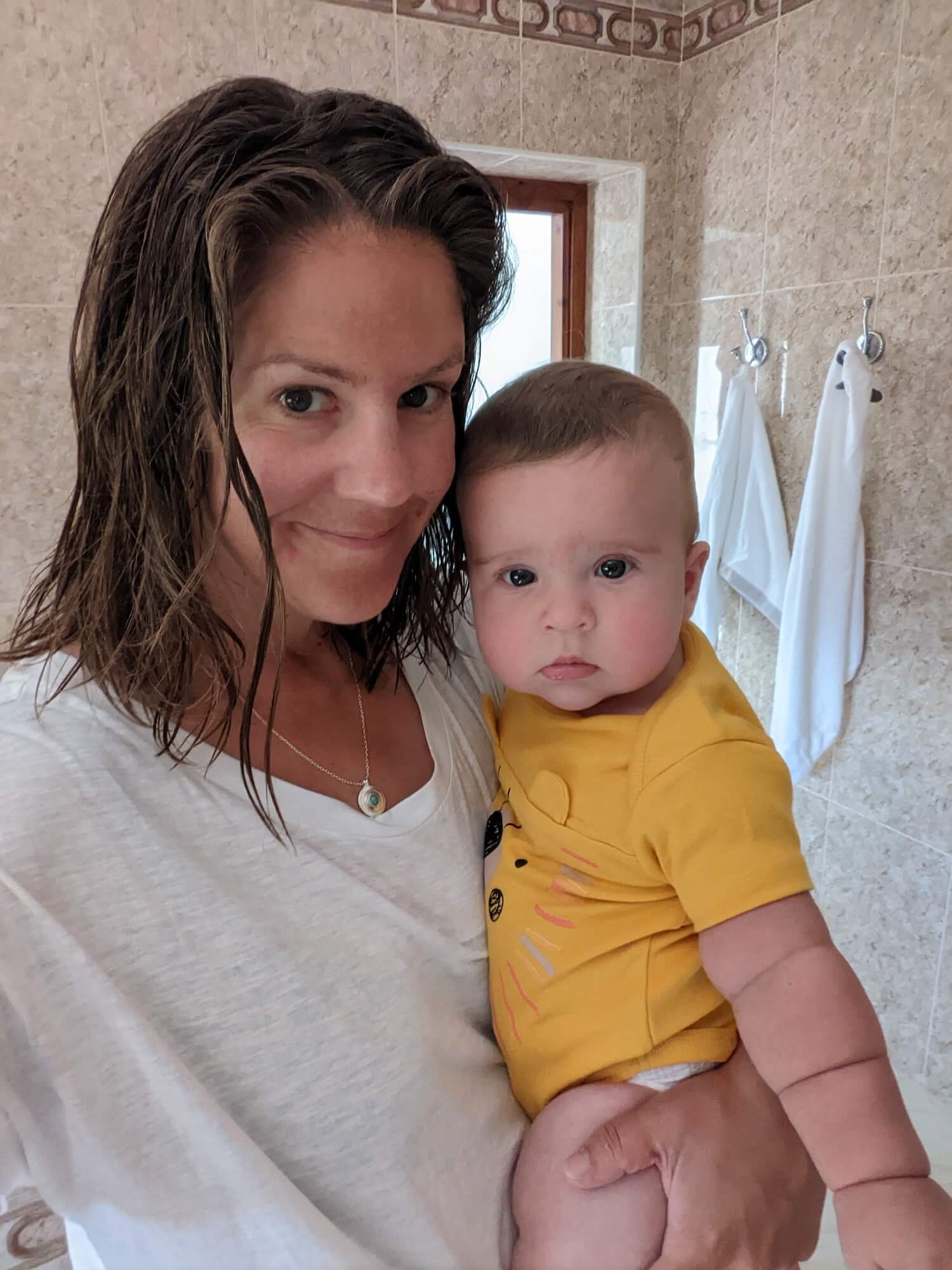
Planning a family getaway is all about excitement and making lasting memories, but no one wants to be stressing about money while on their holiday. Don’t worry, in this article I’ve put together my family travel budget top tips to help you keep finances intact while still having a wonderful time.
From pre-trip preparations to those spontaneous on-the-road moments, I’ve got lots of suggestions for how to make your money go further without missing out on the good stuff. Find everything from creating a realistic budget you can stick to to limiting needless spending.
9 tips on how to stick to a family travel budget
A little bit of planning and preparation can help you keep your family travel budget on track without cutting back on quality holiday time.
1. Create a realistic budget
Creating a realistic budget is the first and most important step in ensuring a stress-free (as far as possible!) and enjoyable family trip.
Begin by breaking down your trip into categories which will allow you to estimate the total cost of your journey, taking into consideration aspects such as transportation, accommodation, meals, activities, and any additional expenses that you think or know you and your family will need.

Prices, as we all know, can vary from city to city and even from shop to shop – and that’s just in our everyday lives. Do thorough research on your specific destination and the costs for all amenities, food, drink, travel, socialising and activities. If you leave it to guess work you may get a nasty surprise upon arrival and we don’t want that.
Doing specific, local research really helps here.
By understanding the average costs for transportation, accommodation, meals, and activities, you can refine your budget, making it more accurate to the specific financial demands of your trip. This may sound slightly tedious but with the help of google the research shouldn’t take too long and could potentially save you money in the long run.
Even if it doesn’t save money, you can make sure you’re not worried about money when you’re on your trip and want to be relaxing!
2. Research and plan in advance
Alongside research specific to the destination you’re visiting, actively seek out deals and discounts on key aspects such as accommodation, transportation, and attractions. This forward-thinking and frugal approach allows you to take advantage of any cost-saving opportunities there are to be had, optimising your budget without compromising the quality of your travel experience – who doesn’t love a bargain?!

Keep an eye out for promotions, special offers, and package deals that meet your families interests and needs. Remember attractions often have cheaper options for group or family bookings; transport is often significantly cheaper when booked in advance and the same is true of hotels.
Don’t forget you may have discounts available to you that you may have forgotten about!
You may have benefits available to you from work, with various apps and money saving discounts available as perks; you may have loyalty points from various purchases you’ve made which you can convert into rewards and discounts. Additionally, if you’re wondering how to transfer money from Apple Pay to bank instantly, it’s worth exploring this option for quick access to your funds.
3. Set priorities
The best way to set a budget and stick to it, in my experience, is to acknowledge what your priorities are.
This enables you to recognise that certain things are going to cost more money than others and where it is you are willing to negotiate the items on your itinerary. You may want to go all out in one area of the trip, and in order to make sure you can do this then you have to cut back in other areas.

Trying to constrain the budget across the whole trip may just mean you feel like you have missed out. So make sure you know what is important to you, what you feel are the unmissable sights and events and ensure you can afford them, then find savings elsewhere to accommodate your holiday treats.
It’s important to be open to compromise on less essential items to maintain a balanced budget. If unforeseen expenses arise or if you find yourself exceeding the allocated budget in one category, consider being adaptable by cutting back on less critical aspects. This flexibility allows you to navigate financial challenges without sacrificing the overall quality of your family travel experience.
4. Use a travel rewards program
Travel rewards and loyalty schemes can be a savvy way to maximise your family holiday while making the most of your budget.
One avenue to explore is the use of travel rewards credit cards, which offer the opportunity to accumulate points or miles with every purchase. Of course this requires thinking ahead and conducting some research to find a credit card that offers the rewards you’d like in terms of travel goals and benefits. By using the credit card for various trip expenses, you can build up valuable points or miles, hopefully then translating them into savings on flights, hotels, and other holiday expenses.
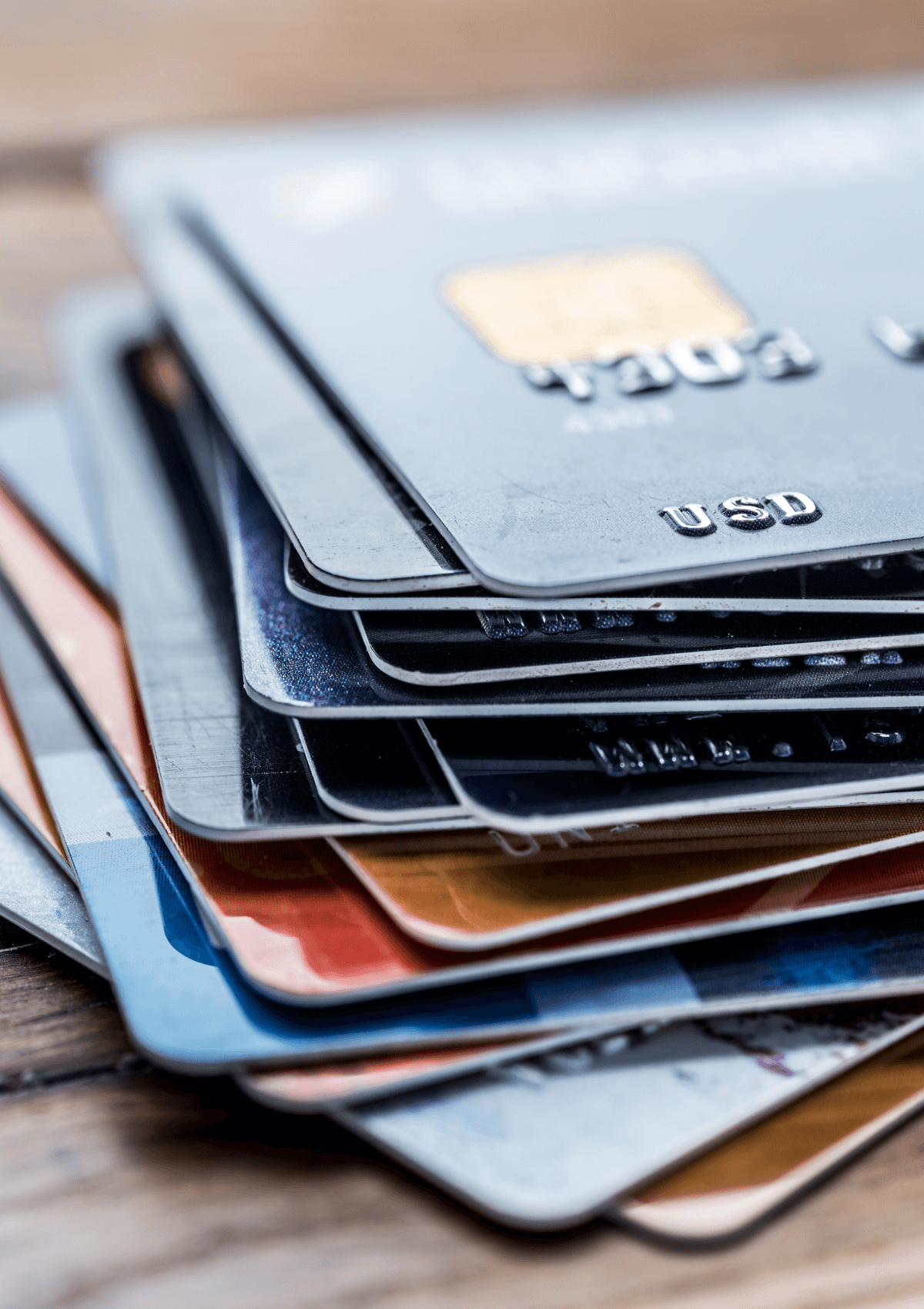
Signing up to loyalty programs across a wide range of services is a great idea to help create savings for yourself. Many companies now offer such schemes such as airlines, hotels, and car rental companies so don’t miss out on these potential benefits. It is a wonderful feeling to make use of these exclusive perks, discounts, and privileges just for being loyal customers.
This may sound boring but it’s important to delve into the terms and conditions of each loyalty program. Understanding the nuances of these programs ensures that you can actually make use of their offers effectively rather than being surprised at the last minute. Through a savvy combination of credit card rewards and loyalty scheme memberships, you can potentially unlock substantial savings and added perks – and we all love a free gift or reward!
5. Pack snacks
A practical approach to saving money on a trip simply involves packing snacks and ensuring reusable water bottles are in your travel essentials. Beyond the convenience this brings, this is a surprisingly good cost-saving strategy because it minimises unnecessary expenses on food and drinks while on the go – and they can quickly add up!
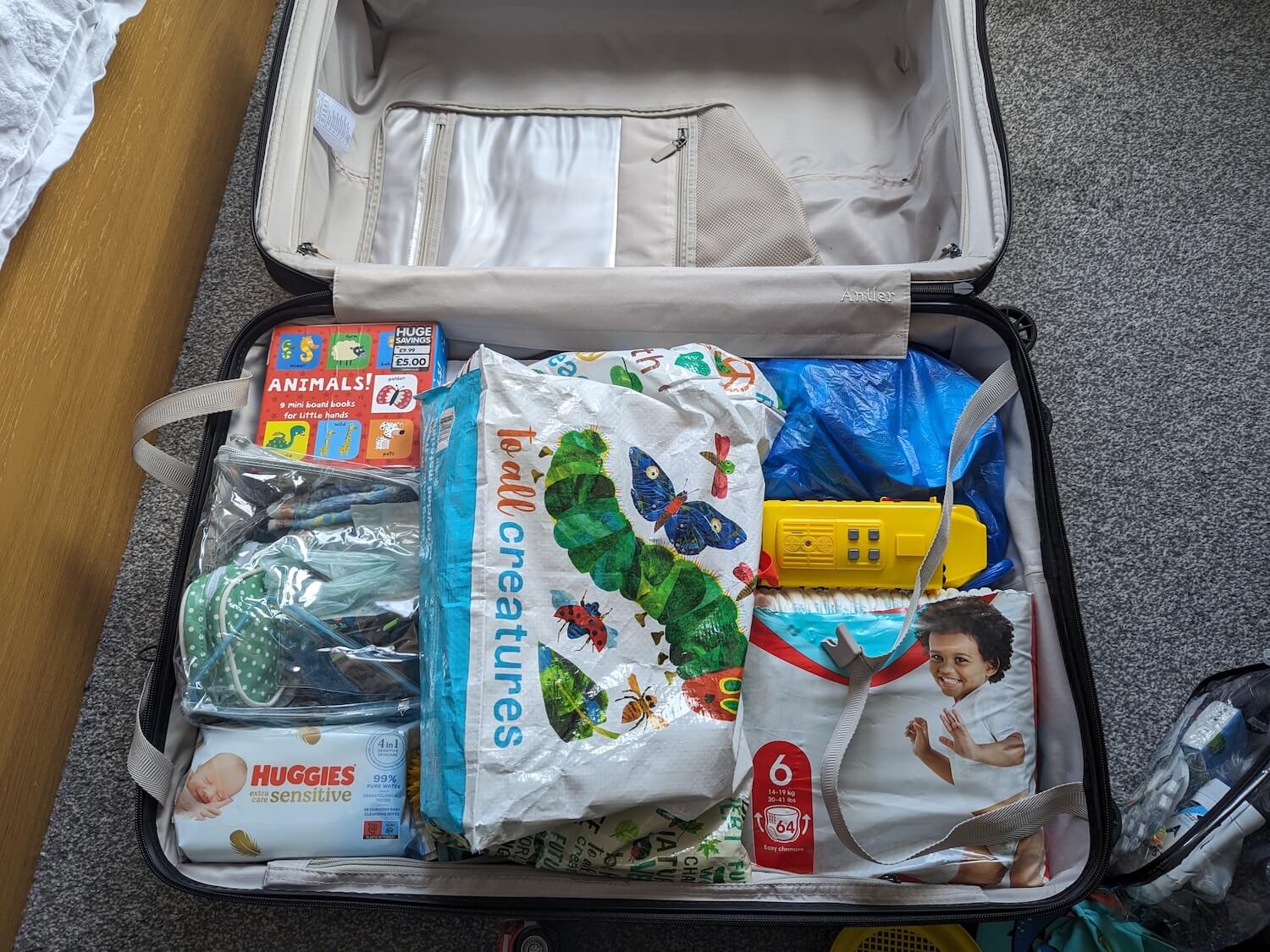
By packing snacks from home, you stop the need to make impulse purchases which is particularly helpful in tourist-heavy areas where prices can be extortionate. I’m sure we’ve all been horrified by the signs saying £5 for a bottle of water and other such tourist food and drink nightmares!
6. Cook your own meals
If your accommodation has the facilities for you to do so then consider cooking some of your meals instead of relying entirely on eating out in restaurants. This approach is one of the very best cost savings you can make because ingredients for food are vastly cheaper than 3 course meals for 4 or 5 members of a family every night. It is an opportunity to make quite a bit of savings on your family travel budget.
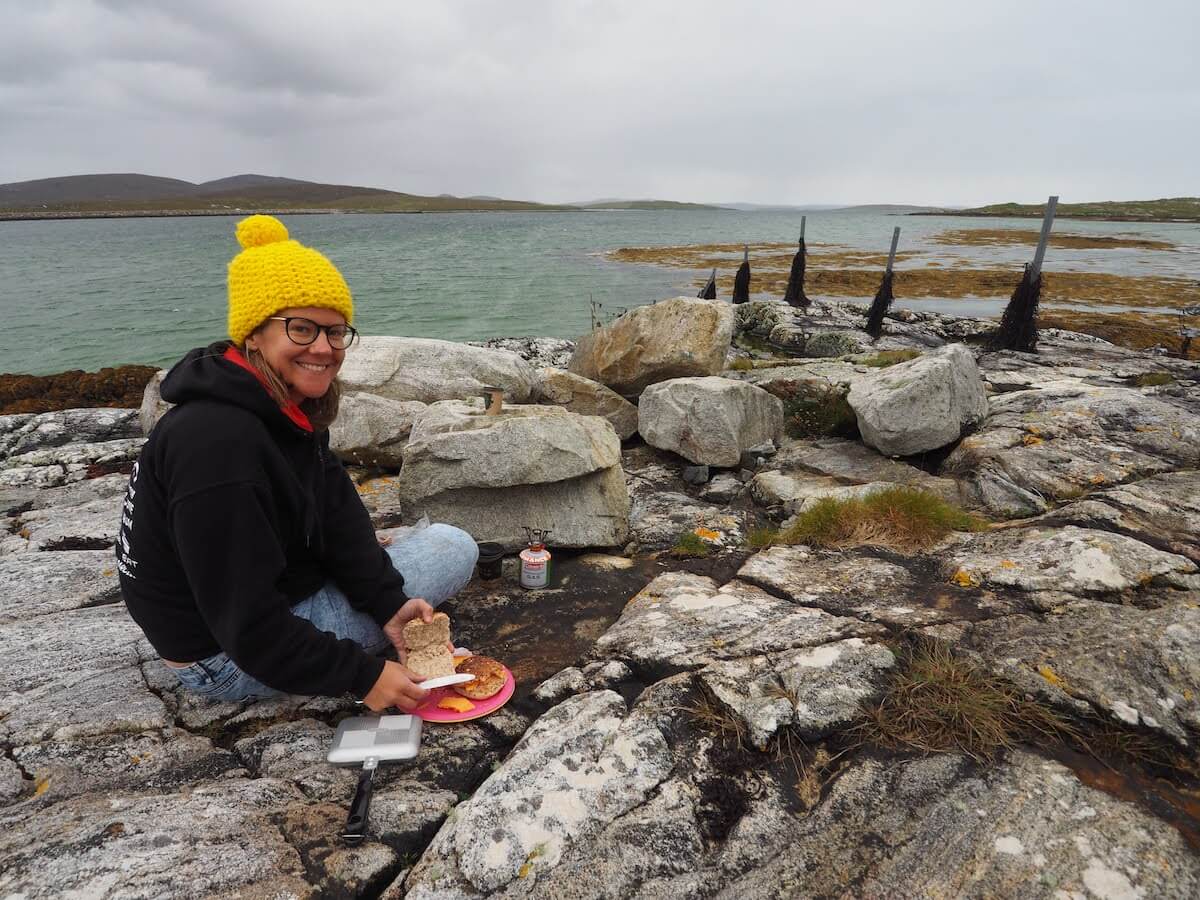
It also presents an opportunity to immerse yourself with the local culture by buying local fruit and veg, shopping at local supermarkets, conversing with the locals and truly experiencing the area you are staying in.
Choosing accommodations with kitchen facilities, such as self-catering hotels or Airbnbs is a way to facilitate this quite easily. After all, you want to free up your budget for other meaningful activities too!
7. Limit souvenir spending
Now I know it can be incredibly exciting to walk into a gift shop and want to buy everything. In the moment the best souvenirs can seem essential to purchase it all as a way to bring the holiday home with you.
Buying souvenirs is great to do but make sure you’ve set a cost limit prior to heading in to the shops so you don’t impulsively spend your way out of your budget.

Encouraging sentimentality is also a good way to restrain your souvenir purchases. Take photos, make memories, hand-make keepsakes or find little treasures on beaches etc to have as souvenirs rather than expensive store bought items.
Primarily, you need to begin by setting a clear budget for souvenirs, establishing reasonable spending limits for each family member. This ensures that your souvenir purchases can fit with your overall trip budget, preventing an unexpected trolley dash of goodies.
By integrating these budget-conscious approaches to souvenir shopping, you not only safeguard your finances but also foster a more intentional and meaningful connection with the places you visit during your holidays.
8. Track expenses
Keeping track of your expenses whilst away has never been easier and this will go a long way to helping keep you on the right side of your finances. It will also help you see where you’ve spent a little more than planned so you can reign it in a little if need be and not end up having calamitous monetary moments!

One top tip is to make use of a dedicated budgeting app or a simple notebook; recording each expense in real-time provides a clear and up-to-date picture of your financial status. There are a plethora of budgeting apps available today which are very good at creating simple and easy to follow budgets. You can set categories for travel, food, transport, gifts and many more.
You can see how much more money you have left in each category’s budget, how much you have spent and even set up notifications as to when you’re nearing your limit. A budgeting app is an ever present and ever helpful idea for keeping you on track.
9. Have an emergency fund
Preparing for the unexpected is always wise when travelling, especially with a family, so I strongly suggest that when making a budget you allow a small amount for an emergency fund for unforeseen expenses.
This fund serves as a financial safety net offering peace of mind and acting as a buffer against unexpected circumstances that could potentially disrupt your travel plans.
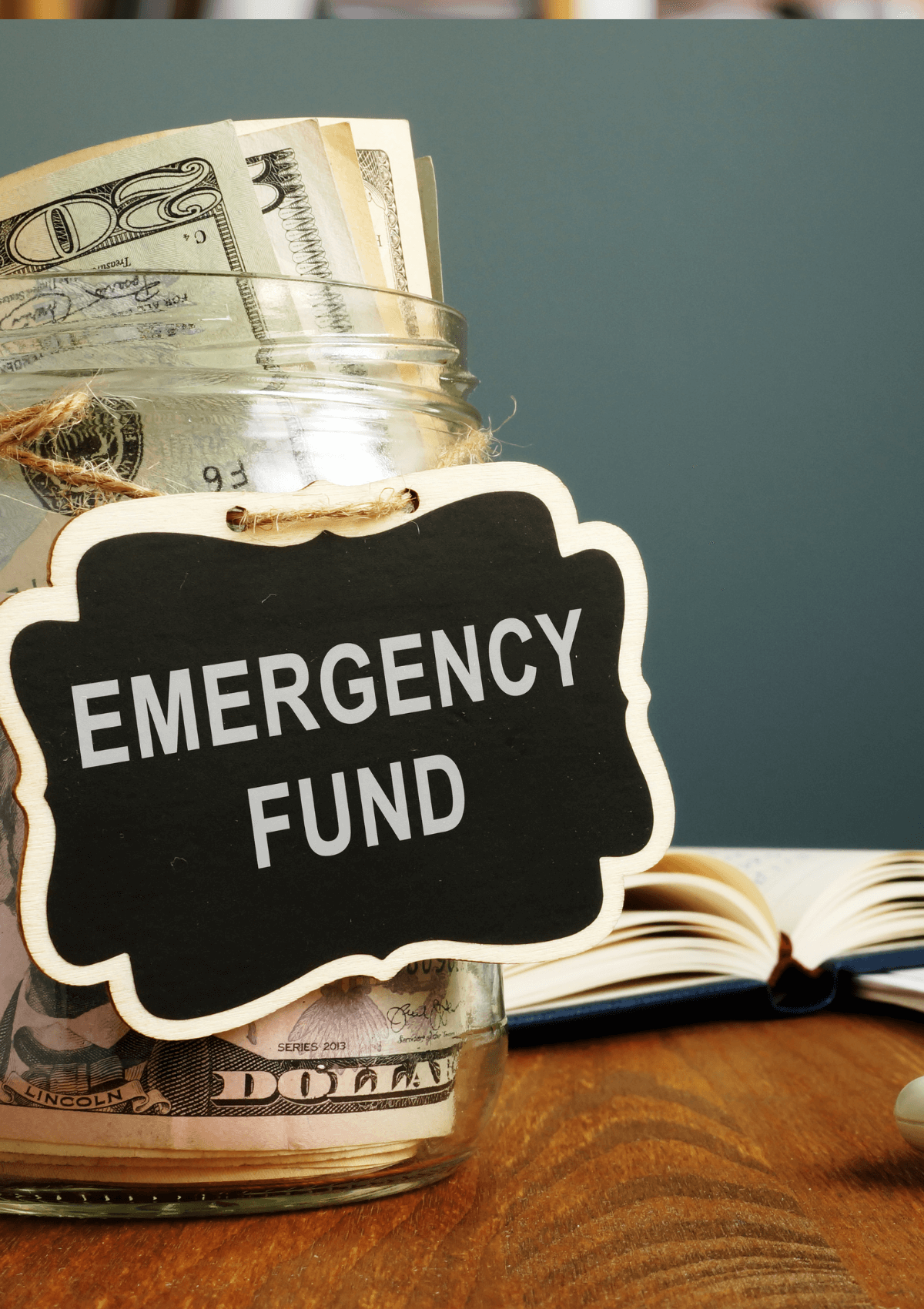
Having an emergency fund in place contributes significantly to peace of mind. Knowing that you possess a financial cushion reduces stress and anxiety, allowing you to relax and actually enjoy your family’s holiday rather than worrying all time – no one needs that on their hard-earned break!
Quicklist of how to stick to family travel budget tips
Remember, flexibility is key, and it’s okay to make adjustments to your budget as needed. The goal is to strike a balance between enjoying your trip and being mindful of your financial resources.
Also, if you’re planning a road trip, there are lots of other ways to save money and keep costs low. Check out my 7 tips to stick to a road trip budget.
Whether it’s making use of a budgeting app, cooking your own meals, setting a souvenir spending limit, booking ahead, using loyalty points or researching discounts, I hope that these suggestions go some way to helping you set and stick to a family travel budget so you can ensure your trip is all fun and no hassle.
- Create a realistic budget
- Research and plan in advance
- Set priorities
- Use a travel rewards program
- Pack snacks
- Cook your own meals
- Limit souvenir spending
- Track expenses
- Have an emergency fund

Such focused travel tips worth considering by anyone with plans to go on budget family trip. Thank you @VickyFlipFlop for the great effort;
Patrick || https://www.premiumafricasafaris.com/